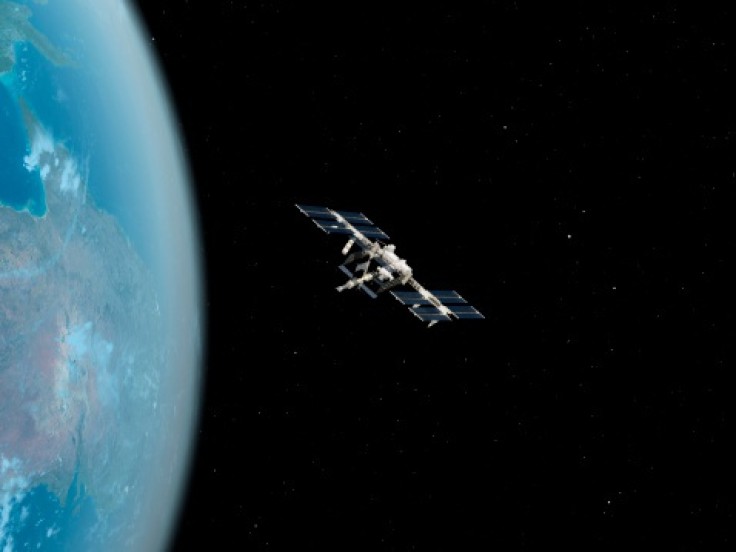The International Space Station has protocols in place when there is a slight chance that space debris might hit the satellite giant such as maneuvers to avoid it, but this time around a threat was deemed dangerous enough that astronauts were told to take shelter.

Threat of the Russian Satellite's Debris to the ISS
Just a few days ago, space-tracking firm LeoLabs detected a debris cloud that had formed in low-Earth orbit. It turned out to be the Russian-owned satellite that has since been decommissioned called RESURS-P1.
The spacecraft broke apart on June 16th and scattered into 100 pieces of trackable debris. Before its destruction, the satellite weighed around 12,300 pounds with its orbit at an altitude close to the ISS, as mentioned by Gizmodo.
For context, the ISS' orbit is around 250 miles above ground, while the Russian satellite is at an altitude of 220 miles. With its proximity posing a threat, the crew within the space station had to take shelter while mission control assessed the situation.
In a post from the US Space Command, it was said that there have been no immediate threats detected, but that a routine conjunction assessment was conducted to support the safety and sustainability of the space domain.
"Mission Control continued to monitor the path of the debris, and after about an hour, the crew was cleared to exit their spacecraft and the station resumed normal operations," the space agency concluded.
This isn't the first time that a destroyed Russian satellite threatened the safety of the astronauts onboard the ISS. Back in 2021, Russia tested its anti-satellite missile that produced thousands of pieces of debris, also forcing astronauts to take shelter.
The US Government Said it Was Destructive and Reckless
In November 2021, the US Department of State published a press statement criticizing the action taken as it has generated over 1,500 pieces of trackable orbital debris, which will likely generate hundreds of thousands of pieces more.
"The long-lived debris created by this dangerous and irresponsible test will now threaten satellites and other space objects that are vital to all nations' security, economic, and scientific interests for decades to come."
The post added that it will significantly increase the risk to astronauts and cosmonauts on the International Space Station and other human spaceflight activities, along with the safety and security of others who aim to explore outer space for peaceful purposes.
The events were said to demonstrate that "despite its claims of opposing the weaponization of outer space, is willing to jeopardize the long-term sustainability of outer space and imperil the exploration and use of outer space by all nations through its reckless and irresponsible behavior."
Even without the risk to national security or to those who also conduct missions in space, Russia's anti-satellite missile test just adds to the growing space debris problem, which would have a wider impact on the overall operations in space as it increases the chances of collision with other spacecraft.









